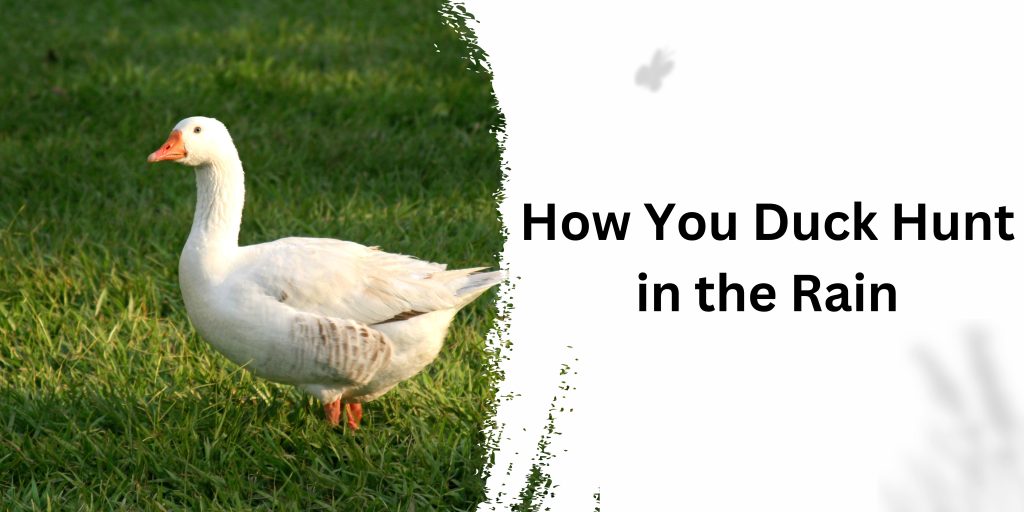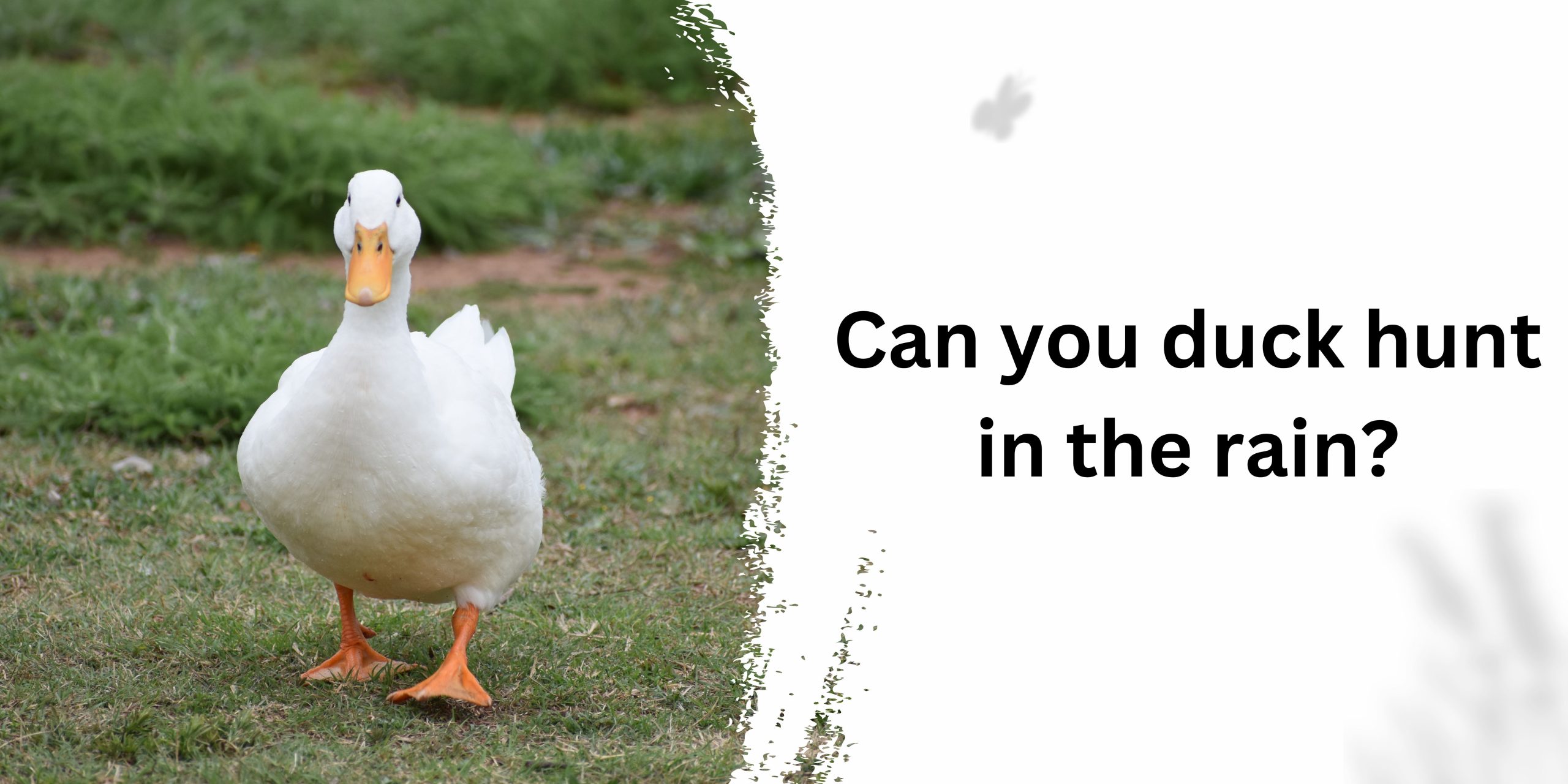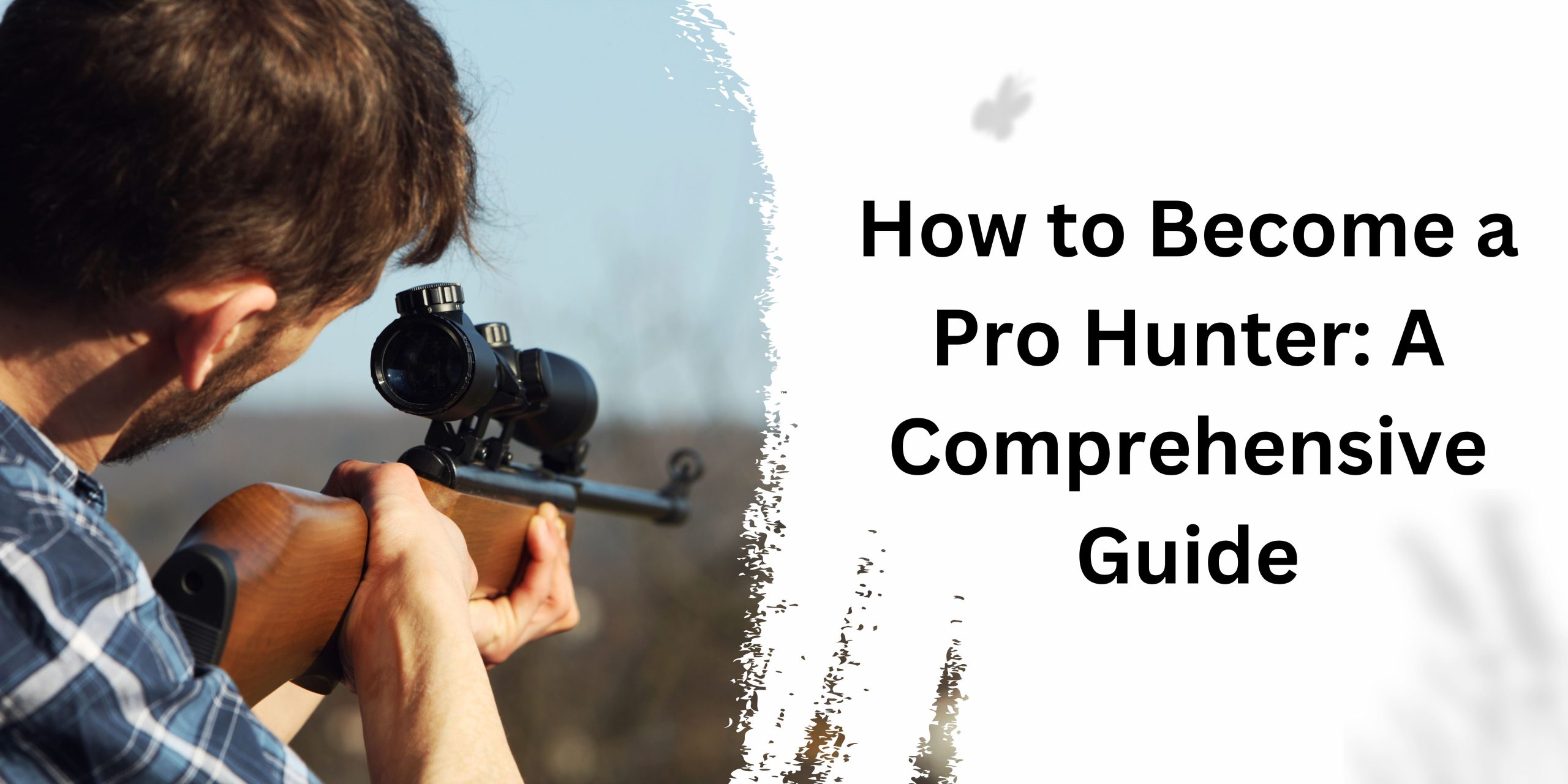Can you duck hunt in the rain? This question often sparks debate among hunting enthusiasts. Some swear by the thrill of hunting in the rain, while others prefer to stay dry. But one thing is for sure: hunting ducks in the rain requires a different approach than hunting in fair weather. In this article, we’ll explore how you can duck hunt in the rain, whether it’s better to hunt duck in the rain, the challenges you might face, and some tips for a successful rainy hunt.
How You Duck Hunt in the Rain

- Gear Up: Invest in quality waterproof gear, including a rain jacket, pants, and boots. Keeping dry is essential for staying warm and comfortable during your hunt.
- Protect Your Equipment: Ensure your gun and decoys are also protected from the rain. Consider using waterproof covers or cases to prevent water damage.
- Choose the Right Spot: Look for sheltered areas where ducks are likely to seek refuge from the rain. This could be near vegetation or other natural cover.
- Use Decoys Wisely: Place your decoys close together to mimic ducks seeking shelter. This can attract real ducks to your location, increasing your chances of a successful hunt.
- Stay Quiet: The sound of rain can mask your movements, but be mindful of any noise from your gear or movements. Stay as quiet as possible to avoid spooking the ducks.
- Stay Warm: Dress in layers to stay warm and dry throughout your hunt. Consider bringing along extra clothing in case you get wet.
- Be Patient: Hunting in the rain can be slower than hunting in dry conditions. Be prepared to wait longer for ducks to come to your location.
Read More: Importance of a Gun Plug for Pheasant Hunting
Is It Better to Hunt Duck in the Rain?
Hunting ducks in the rain can have its advantages and disadvantages, so whether it’s better to hunt duck in the rain depends on your preferences and the hunting conditions.
Some hunters believe that ducks are more active and less cautious in the rain, making them easier to hunt. The sound of rain can also mask your movements, making it easier to approach ducks without being detected. Additionally, rain can create natural cover, making it easier to hide from ducks.
However, hunting in the rain also has its challenges. Rain can reduce visibility, making it harder to spot ducks flying overhead. Additionally, ducks may be less active in heavy rain, reducing the chances of a successful hunt.
Essential dressing during hunting in the rain
When hunting in the rain, it’s essential to dress appropriately to stay warm and dry. Here are some essential items to consider:
- Waterproof Jacket and Pants: A quality waterproof jacket and pants are essential to keep you dry. Look for breathable materials to prevent overheating.
- Waterproof Boots: Waterproof boots with good traction will keep your feet dry and provide stability in muddy conditions.
- Layered Clothing: Dress in layers to stay warm. Start with moisture-wicking base layers, add insulating layers, and top it off with a waterproof outer layer.
- Hat and Gloves: A waterproof hat with a brim will keep rain out of your face, while waterproof gloves will keep your hands dry and warm.
- Rain Cover for Gear: Use waterproof covers or cases to protect your gun, binoculars, and other gear from the rain.
- Extra Clothing: Bring along extra clothing in a waterproof bag in case you get wet and need to change.
- Rain Poncho: A lightweight rain poncho can provide extra protection and can be easily packed away when not in use.
- Dry Bag: Keep essential items like your phone, keys, and wallet in a waterproof dry bag to prevent them from getting wet.
Best Times to Hunt Ducks in the Rain
Timing your duck hunting outings effectively is crucial for a successful hunt, especially when it comes to dealing with rainy conditions. Here are some insights on the best times to hunt ducks in the rain to maximize your chances of success:
Early Morning and Late Afternoon
- Prime Activity Periods: Ducks are typically most active during the early morning and late afternoon hours. These times are often referred to as “flight times” when ducks move between feeding and resting areas.
- Visibility: Rain showers are often lighter during these times, providing better visibility for hunters while still benefiting from the rain’s cover.
Light Rain vs. Heavy Rain
- Light Rain: Light rain can be ideal for duck hunting as it encourages duck movement without severely limiting visibility. Ducks may feel more secure and less wary under the cover of light rain.
- Heavy Rain: Heavy rain can hinder visibility for both hunters and ducks. While ducks may still fly in heavy rain, they are more likely to seek shelter, making it harder to spot and approach them. If heavy rain is forecasted, consider adjusting your plans to hunt during lighter rain periods or breaks in the weather.
Before and After Storm Fronts
- Before a Storm: Ducks often feed more actively before an approaching storm front. The drop in barometric pressure can stimulate feeding behavior, making them more predictable and concentrated in feeding areas.
- After a Storm: Once a storm passes, ducks may become more active as they resume their normal routines. Hunting immediately after a storm can be productive, especially if the rain has created new temporary water sources.
Overcast Days
- Cloud Cover: Overcast conditions, often accompanying rainy weather, can be beneficial for duck hunting. Ducks feel more secure under cloud cover and are more likely to move during the day, increasing your chances of encountering them.
- Extended Activity: Overcast days can extend the periods of duck activity beyond the typical early morning and late afternoon times, providing more hunting opportunities throughout the day.
Seasonal Considerations
- Migration Periods: During migration seasons in the fall and spring, ducks are more active as they travel between breeding and wintering grounds. Rain during these times can lead to increased duck movement and higher concentrations in specific areas.
- Local Patterns: Understanding the local duck population and their behaviour patterns during rainy conditions is crucial. Local hunters or wildlife experts can provide valuable insights into the best times to hunt in your specific area.
Breaks in the Rain
- Intermittent Rain: Periods of intermittent rain or breaks in the rain can be highly productive. Ducks may take advantage of these breaks to move and feed, providing hunters with excellent opportunities.
- Positioning: Be ready to adjust your position and tactics quickly during breaks in the rain to capitalize on increased duck activity.
Safety Considerations for Duck Hunting in the Rain
When hunting ducks in the rain, safety should always be a top priority. Wet and slippery conditions can present unique challenges, so it’s essential to take extra precautions to ensure a safe and successful hunt. Here are some key safety considerations to keep in mind:
Handling Firearms in Wet Conditions
- Keep Your Firearm Dry: Use a waterproof gun case or cover to protect your firearm from the rain. Moisture can cause rust and affect the performance of your gun.
- Regular Checks: Frequently check your firearm for any signs of moisture or debris that could impact its function. Wipe down and dry your gun periodically during the hunt.
- Safe Handling: Always handle your firearm with care, ensuring that it is pointed in a safe direction at all times. Wet conditions can make it easier to slip, so be mindful of your movements.
Ensuring Safe Footing
- Wear Proper Footwear: Invest in high-quality, waterproof boots with good traction to prevent slipping in muddy or wet conditions.
- Watch Your Step: Be cautious of slippery rocks, mud, and uneven terrain. Take deliberate, careful steps to maintain your balance.
- Use a Walking Stick: A walking stick can provide additional stability when navigating challenging terrain.
Visibility and Communication
- Maintain Visibility: Rain can reduce visibility, so ensure you and your hunting partners wear bright, waterproof clothing to remain visible to each other.
- Use Hand Signals: Develop and use clear hand signals to communicate with your hunting partners, as the sound of rain can make verbal communication difficult.
- Buddy System: Always hunt with a partner and stay within sight of each other. In case of an emergency, having a partner nearby can be crucial.
Weather Awareness
- Check the Forecast: Always check the weather forecast before heading out. Be aware of any severe weather warnings and plan your hunt accordingly.
- Monitor Conditions: Continuously monitor the weather conditions while hunting. If the weather worsens, consider calling off the hunt to ensure safety.
Hypothermia Prevention
- Dress in Layers: Wear moisture-wicking base layers, insulating mid-layers, and a waterproof outer layer to stay warm and dry.
- Stay Dry: Avoid prolonged exposure to wet conditions. If you get wet, change into dry clothing as soon as possible.
- Know the Signs: Be aware of the signs of hypothermia, such as shivering, confusion, and slurred speech. If you or your hunting partner experience any of these symptoms, seek warmth and medical attention immediately.
Emergency Preparedness
- First Aid Kit: Carry a waterproof first aid kit with you and know how to use its contents.
- Communication Devices: Bring a fully charged cell phone or a two-way radio to stay in touch with your hunting partners and emergency services.
- Know Your Location: Familiarize yourself with the area and have a map and compass or GPS device to navigate safely.
Summary
Duck hunting in the rain can be a rewarding experience, but it requires careful planning and preparation. By choosing the right location, using decoys wisely, staying quiet, and staying warm and dry, you can increase your chances of a successful rainy hunt. So, can you duck hunt in the rain? Yes, with the right gear and mindset, you can enjoy a successful hunt even in wet weather.







